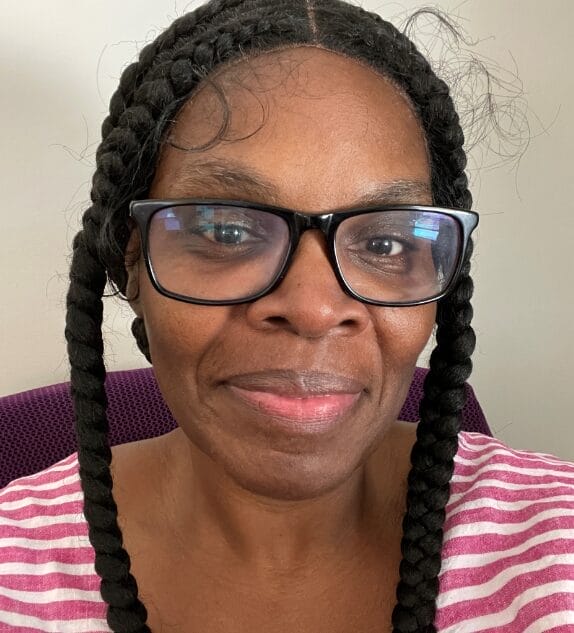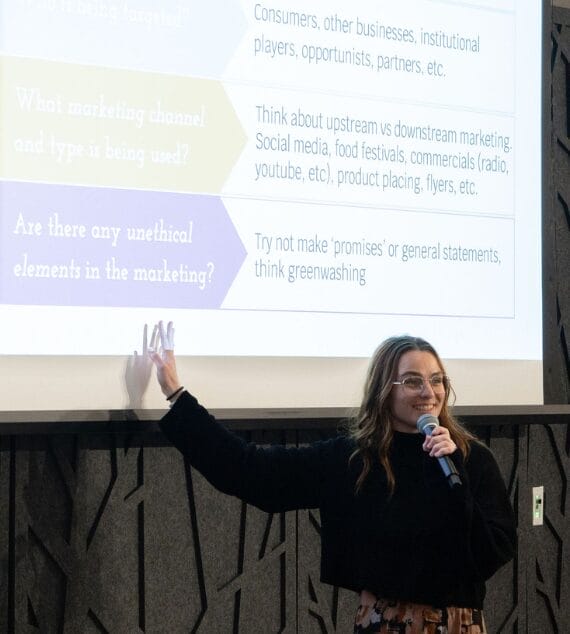
From acting as catalysts for social change to generating opportunities for underserved communities, social entrepreneurship is a valuable concept for any business to embrace. Not only can an entrepreneur generate revenue, but they can also give back to the community alongside their business activities.
Understanding Social Entrepreneurship
A true social entrepreneur is a founder who sets out to solve a problem that has a social issue at its core. Other entrepreneurs might simply wish to contribute to a social cause and influence positive changes through special campaigns or planned giving.
Bringing social entrepreneurship to new businesses is a growing trend worldwide. According to the Global Alliance for Social Entrepreneurship, there are an estimated 10 million social enterprises globally, with $2 trillion in annual revenue. These social enterprises are estimated to have created 200 million jobs.
Worldwide, one in five organizations are run by women as CEOs. That number jumps for social entrepreneurs, with half of the organizations trying to do good in the world being run by women. Another study by the Global Entrepreneurship Monitor noted that 68% of entrepreneurs “indicate that they prioritize social and/or environmental impact of their business above profitability or growth” with 54% of established business owners stating this also is a part of their business model.
We asked a few entrepreneurs who have a social entrepreneurship component to their work what they are doing towards positive social change. All work frequently in our Place-Based Innovation Spaces.
Meet Charlotte Bowens of Conscious Gear

Charlotte Bowens, Founder of Conscious Gear
Conscious Gear is an outdoor gear and outwear company focused on making more size-inclusive products, specifically for those outdoor enthusiasts with bigger bodies. They celebrate body diversity in the outdoors and do so with their flagship product VestaPak, which is the
world’s first hydration vest designed for bigger bodies. The VestaPak was highlighted in the USA Today as a top 10 outdoor product. For Conscious Gear, inclusivity, hydration, and eco-friendly outdoor use are core to their mission pillars. They want to make sure that everyone, no matter their size, race, sex, age, gender, ability, neurodiversity, and any aspect of human uniqueness are able to experience the outdoors and stay hydrated.
“I believe that innovation requires that we take into consideration the needs of our communities. Otherwise what’s so innovative about what we are doing?” said Charlotte Young Bowens, founder of Conscious Gear. She notes that this not only considers the people she serves, but also the planet as well. As part of her business model, Conscious Gear also donates 5% of all sales to non-profits that “work to ensure that people of color can engage in outdoor activities.”
Meet Enuma Igweatu of She Thrivin’

Enuma Igweatu, Founder of She Thrivin’
She Thrivin’ is a coaching company and consultancy committed to empowering individuals to transcend detrimental cycles of behavior, liberating them from exhaustion, unfulfillment, and underachievement. Founder Enuma Igweatu is a Harvard-educated prevention scientist and certified coach.
Her company’s mission is to provide personalized coaching, professional development, and empowerment events to encourage ambitious women of color to thrive. She Thrivin’ holds events, private workshops, speaking engagements, and also has a podcast to help support women of color who are early-stage entrepreneurs, mid-career professionals in transition, and seasoned business leaders.
“We are the creators and catalysts for change,” Igweatu said. She said that when you infuse your business “with a sense of purpose and commitment to social responsibility,” you “have the power to create new realities for our communities and directly address societal needs in innovative and sustainable ways.” Igweatu noticed that the women she serves are often the “role models, mentors, and agents for positive change within their families, workplaces and broader communities.”
Often, the challenge for her clients is that they are “balancing a multitude of responsibilities, wrestling with exhaustion and depletion, overcoming cultural and societal expectations, fighting for their own needs to be acknowledged and met” while learning to find balance in their lives. She says, “it’s an intricate dance between prioritizing self and others” and that her clients are often trying to be “everything to everyone.”
She Thrivin’ hopes to empower clients and contribute to a “stronger, more resilient community of women leaders.” Igweatu envisions a world where “women, specifically of color, rewrite narratives of exhaustion into stories of thriving.” She Thrivin’ strives to have a ripple effect of transformation that revitalizes women and their families to break cycles of intergenerational struggles.
Meet Hanna Layton of Thrive Consultancy

Hanna Layton, Founder of Thrive Consultancy
Thrive Consultancy is a women-owned and operated benefit corporation that is committed to helping start-ups and businesses adopt sustainable business models and practices. They are a small but mighty team of dedicated sustainability consultants who embrace a solutions-oriented approach to transforming the local economy. They develop services for entrepreneurs who want to put the community and the environment at the forefront of what they do, without compromising their economic success or the quality of their products and services. Much of their work involves worker-cooperatives, benefit corporations and social enterprises that are designed to create more equitable, robust, and democratic communities.
“Every day, entrepreneurs are faced with decisions that can have a positive or negative impact on their community,” said Thrive Consultancy Founder and Co-Director Hanna Layton. But at Thrive, they want to help organizations make “decisions that are fiscally smart and socially responsible.” She notes that when designing products or services that idea is incredibly important because “if you are working to foster community buy-in and support, what you offer must be aligned with community needs or wants.” She believes that socially responsible and environmentally conscious products will create demand for your services.
Layton and her team at Thrive Consultancy have built their business model by listening to community members and entrepreneurs. They focus on developing community-centric business development at the local level. With the feedback they have received, they have created products on a sliding scale pricing model to help clients as needed. This way if organizations do not have a larger supporter, Thrive can offer them part of their services, so that organizations at all levels can benefit.
What do our featured entrepreneurs recommend for new founders looking to incorporate a social component into their business?
According to Charlotte Bowens with Conscious Gear, “We’re living in a world where consumers are far more conscious about how they’re spending their money.” She noted that “people want to support brands that are having a positive social impact on communities and that engage in sustainability practices that protect the planet.”
Enuma Igweatu with She Thrivin’ quoted Simon Sinek, saying, “People don’t buy what you do; they buy why you do it.” She believes that if you “cultivate your business, whether it involves offering a service or product, it is crucial to pinpoint your personal core values and subsequently those of your business.” She mentions that its important to find social and environmental causes “that deeply resonate with you and align with your mission.”
Hanna Layton with Thrive Consultancy said that start-ups with a social entrepreneurship mindset should “pick a topic that you are really passionate about” and to “try to make a difference in that space.” “ You don’t need to reinvent the wheel when it comes to creating a positive impact,” she said. “There are many examples of how businesses have made great social impact.” She points out that doing your research on what solutions are out there is key. Layton emphasizes that “when you use your business to respond to a need in your community, it is likely you will gain community support.”
Adding Impact to Your Business
Social entrepreneurship plays a vital role in enhancing our communities and society at large through thoughtful business practices. Whether you’re launching a socially impactful idea or seeking to integrate social responsibility into your existing business, reach out to our team. We’re here to connect you with the perfect community to embark on your transformative journey today!
Feel free to explore how putting humanity at the center of innovation is a good place to start.


